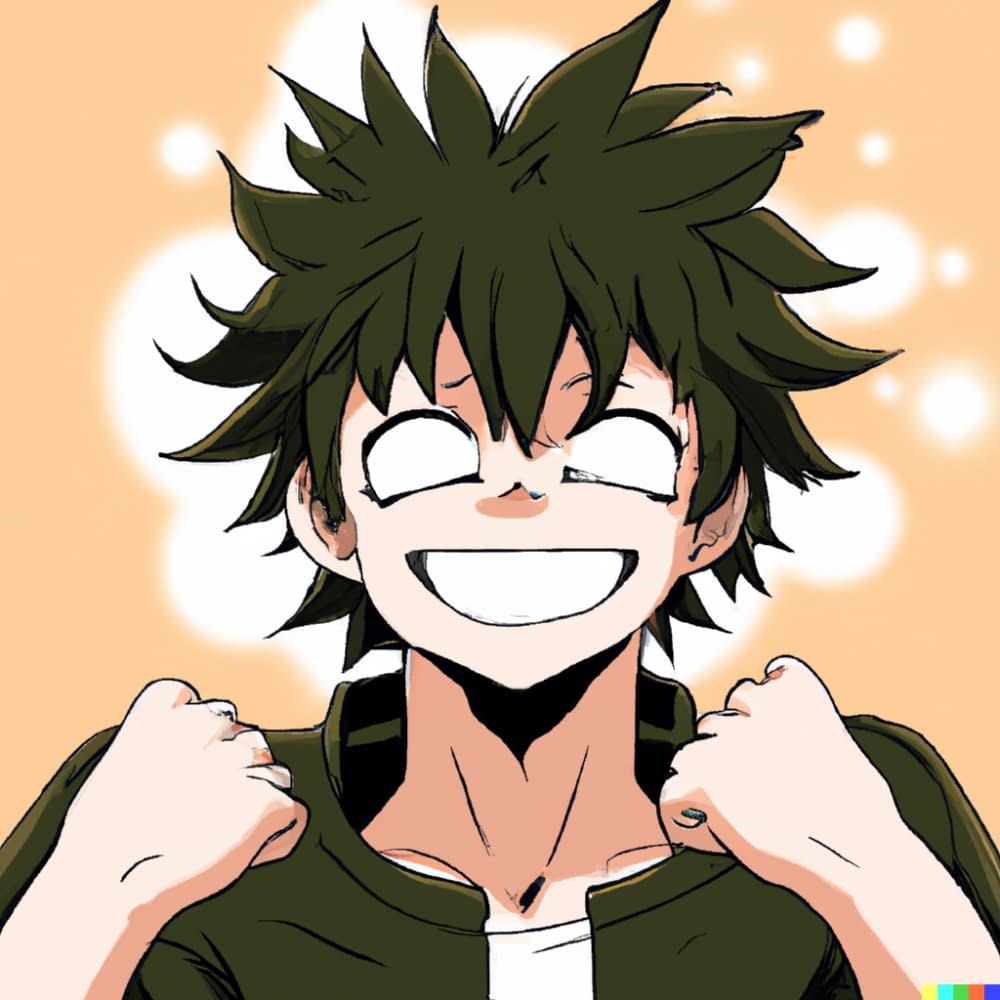- Life & Culture
What Does Deku Mean? A Dive into Japanese Language and Anime

In an episode of the smash hit anime series, My Hero Academia (Boku no Hero Academia), the supporting protagonist, Katsuki Bakugo, tells the main protagonist, Izuku Midoriya, that his last name can also be pronounced as “deku”. And, hence, the nickname sticks.
But what does deku mean? And how could Midoriya ever be pronounced as ‘deku’ in the first place?
As non-Japanese speakers, the rules of Japanese can be a little confusing to wrap your head around, which is part of what makes it so fascinating. In this article, we take a dive into the workings of the beautifully intricate language, to help make sense of the term in English, its origins in Japanese, and its uses in anime.
What is a deku?
If you take a leaf through a Japanese dictionary, the first definition of deku you’ll find is simply “puppet” or “wooden puppet”.
Japan has an affinity with the art of puppet theatre, called bunraku (also known as Ningyō jōruri), which refers to a traditional form of the craft, founded in Osaka in the beginning of the 17th century. The puppets are traditionally made from wood, and decorated in ornate, colourful Japanese costumes.
Although, you wouldn’t call this form of puppetry ‘deku’, as that would likely be disrespectful to the cultural significance of bunraku. In its origin, deku would have been a word used to describe the kind of wooden puppets that were produced for the masses, rather than the arts.
The more modern use of the word deku is a term to imply that someone is “a good for nothing”, has a “block head”, or is a “useless, boring person”. Which makes a little more sense as we think about Midoriya’s character in My Hero Academia.
In My Hero Academia, a world of superheroes and supervillains, the main protagonists, Midoriya and Bakugo, are frenemies. Izuku Midoriya is shy and innocent, whereas his frenemy, Katsuki Bakugo is more abrasive. Bakugo calls Midoriya ‘Deku’, because he’s using it mockingly in the modern sense of the word, implying that Midoriya is a “good for nothing”.
In the series, the characters give deku a further meaning, adding to its etymological evolution. Supporting character Ochako Uraraka tells Midoriya, “Deku gives off a feeling of “I can do it”. I like the nickname.” This is because she abbreviates the word dekiru, an affirmative verb used to express one’s ability to do be able to do/achieve something, to give a new meaning to deku. As a result, Midoriya reclaims the word under its new, positive connotation.
‘Deku’s Japanese meaning in kanji
But how does Bakugo derive ‘deku’ from ‘Midoriya’ in the first place? To grasp this transition, we need to understand the characters used to write Izuku’s name, and the sounds they produce.
The Japanese word ‘deku’ is written using two kanji symbols (‘kanji’ is the Japanese word for traditional Chinese characters):
木偶
[DE-KU]
The first character ‘木’ means “tree” or “wood”. The second character ‘偶’ is a little more complicated, as it has a number of different meanings, such as “man and wife”, “even number”, or “accidentally”. But, when following ‘木’, ‘偶’ means “puppet”.
However, the nature and pronunciation of these kanji characters is even less straightforward than ‘偶’s multiple meanings. Let’s take Izuku Midoriya’s first name, for example. In written Japanese, an individual’s last name will come before their first name; to represent that this person belongs to this particular family lineage. So, his name will appear like this:
緑谷 出 久
[MIDORI-YA IZU-KU]
But the individual characters can have more than one reading, meaning they can be pronounced in different ways, too. The first character of Izuku, ‘出’, can be pronounced as ‘de’, depending on the characters surrounding it. For example, the word ‘derkiru’, the Japanese verb we mentioned earlier, is written in kanji as:
出来る
[DE-KI-RU]
So, under Bakugo’s logic, Midoriya’s first name can be pronounced as Deku, even if it can’t be read as such. After all, read together, the kanji symbols ‘出’ and ‘久’ will always mean Izuku. But, it fits the joke!
Where have I heard ‘deku’ before?
Anyone who’s a fan of Japanese games and media will possibly have heard of the word ‘deku’ before. The most notable use of this term is in the game series The Legend of Zelda.
Deku appear in several of the games, wooden doll-like characters brought to life by the magic lore of the game. In Majora’s Mask, developed and published in the year 2000, players begin the game transformed into one of these wooden creatures.
So, if you’re a Zelda fan, you’ve likely been a deku yourself!
